The tech world's shake-up, which began in 2022 and extended into 2023, shows no signs of slowing down this year.
Major players like Tesla, Google, and Apple faced significant layoffs, leaving over 20,000 employees without jobs. As of April 2024, tens of thousands more have been affected, totaling over 70,000 job losses in the tech sector alone. Whether this year's layoffs will mimic last year's pattern—slowing in summer before picking up again in winter—remains uncertain.
Despite glimmers of hope in areas like artificial intelligence, the tech industry's recovery is sluggish. Companies are trimming their workforces and shifting focus from growth to efficiency due to persistent market challenges.
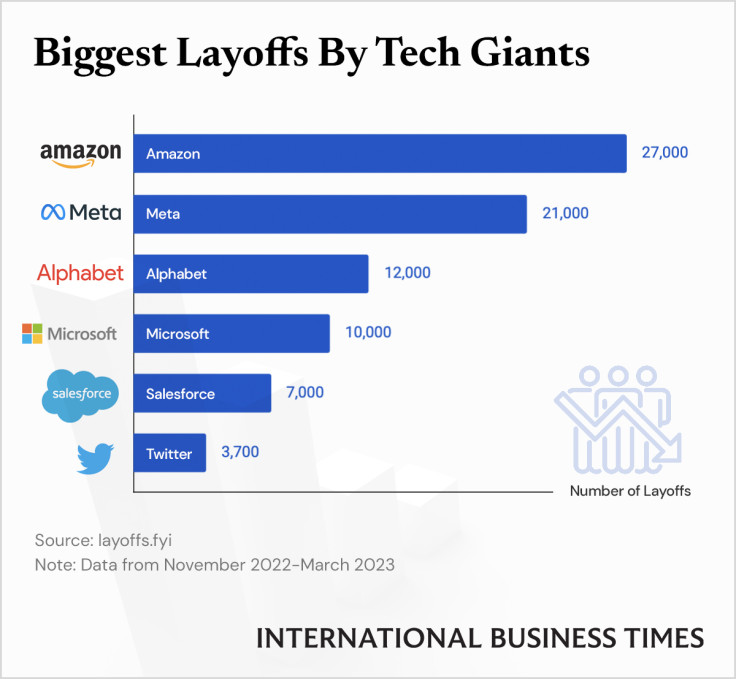
Elon Musk's Tesla, like many other companies in the electric vehicle sector, is grappling with declining sales and increased competition on pricing. To address these challenges, Tesla recently announced multiple rounds of layoffs, resulting in the loss of thousands of jobs. CEO Elon Musk disclosed in an internal email that the company plans to reduce its workforce by more than 10%, impacting over 14,000 employees globally. These layoffs are part of Tesla's efforts to streamline operations and control costs amidst a tough market environment for electric vehicles.
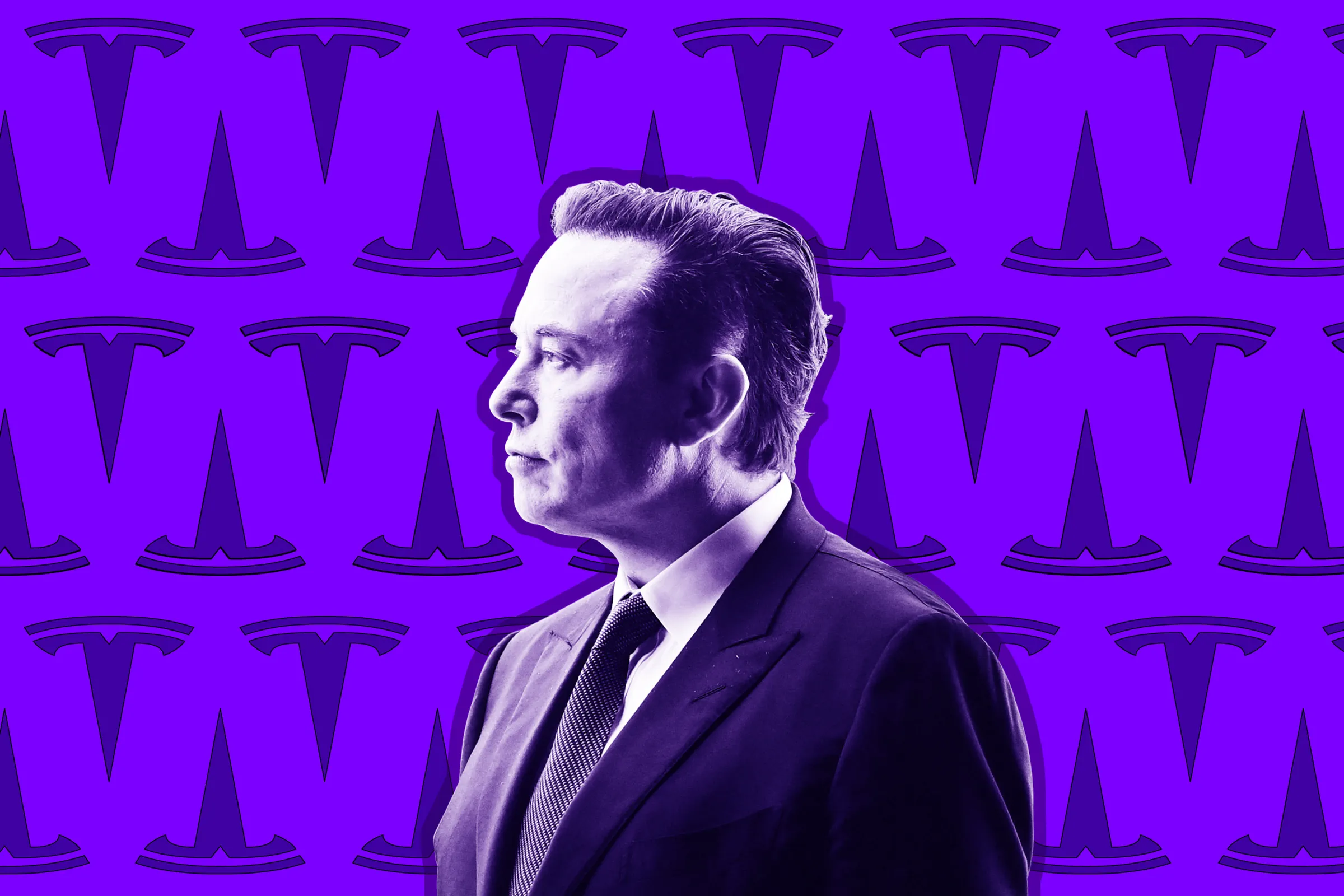
The tech giant recently announced multiple rounds of layoffs, affecting hundreds of employees, including those in the Amazon Web Services division. Various teams, such as finance, Python, and real estate, were impacted. Google has downsized staff in crucial departments like Flutter, Dart, and Python, although the exact number of employees affected remains unknown. These layoffs are part of ongoing efforts to reduce costs, and affected employees are encouraged to seek other positions within the company. Last month, Google also implemented layoffs across multiple divisions, including real estate and finance, with affected employees having the option to apply for internal roles. Additionally, some roles will be relocated to investment hubs like India, Chicago, Atlanta, and Dublin.
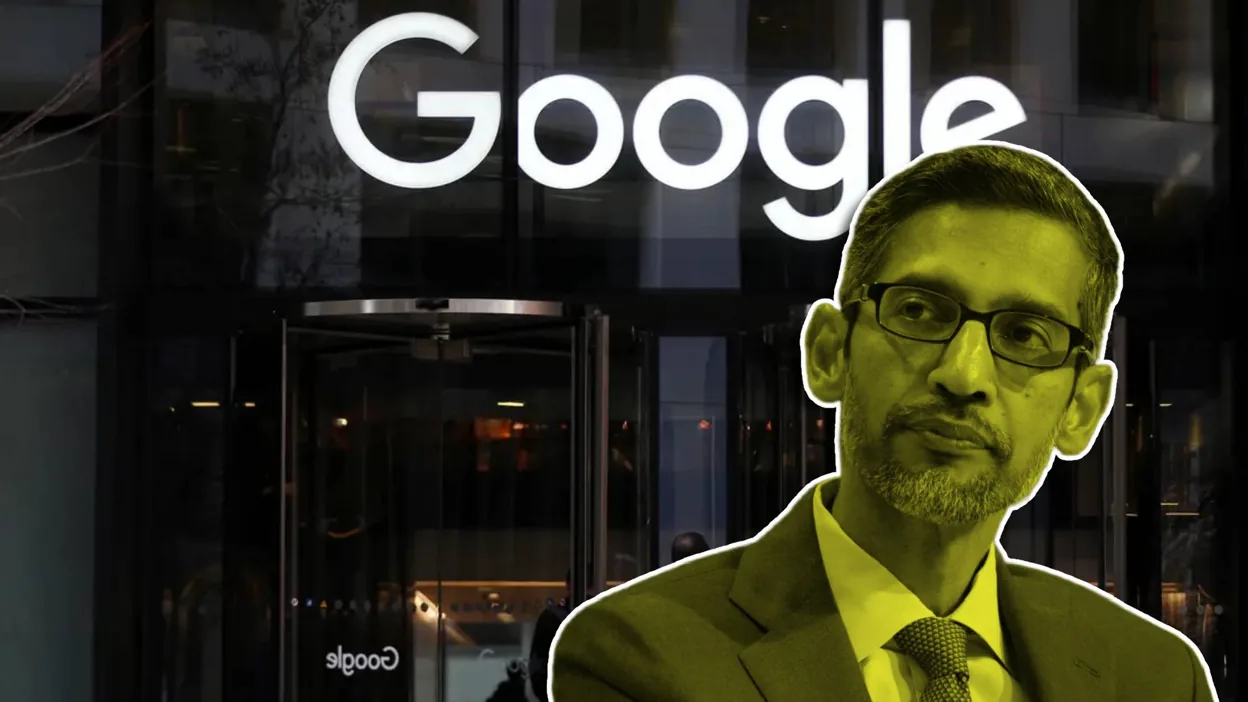
Ola Cabs is reducing its staff by approximately 10%, letting go of around 200 employees. Hemant Bakshi, who assumed the CEO role just four months ago, has resigned. Bhavesh Aggarwal, one of the company's co-founders, will oversee daily operations following Bakshi's departure. This downsizing move comes as Ola aims to boost profitability, with about 180 positions being cut in total.

Apple, the renowned creator of the iPhone, is reducing its workforce in California by 614 employees following the discontinuation of its electric car project. This downsizing particularly affects individuals involved in projects related to car and smartwatch displays as the company moves to conclude these endeavors. These layoffs are notable as they mark Apple's first substantial job cuts since the onset of the pandemic. The impacted employees primarily belong to Apple's special projects group, with some having contributed to the now-scrapped self-driving car initiative. It's speculated that the actual number of affected individuals could be higher, considering the inclusion of overseas employees who have also lost their jobs.

Amazon has implemented multiple rounds of layoffs this year, extending to various departments such as Amazon Web Services (AWS), impacting thousands of employees globally. The reductions are particularly significant in AWS, affecting sales, marketing, and technology teams dedicated to brick-and-mortar stores. This strategic move aligns with Amazon's aim to streamline operations and prioritize key business goals. These job cuts at AWS are part of a broader trend of reductions within Amazon.com, the company's parent organization.
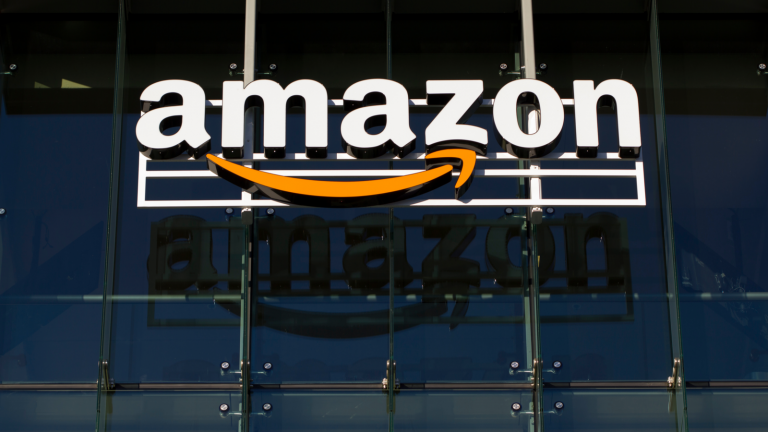
Around 500 employees, approximately 3% of Byju's workforce, faced layoffs as the edtech giant undergoes restructuring. The decision stems from funding challenges and investor concerns, impacting roles in sales, marketing, and teaching. In a similar move last year, Byju's let go of 4,500 employees.

Nike made the decision to lay off roughly 740 employees at its Oregon headquarters. This move is a response to an anticipated revenue decrease in the first half of fiscal year 2024-25, with the aim of aligning expenses accordingly.

Whirlpool has opted to shut down Yummly, the cooking and recipe app it acquired in 2017. As part of its cost-cutting strategy, the home appliances giant has released approximately 1,000 salaried employees globally. This initiative is projected to yield savings of up to $400 million this year. With around 59,000 employees worldwide last year, Whirlpool anticipates restructuring charges of about $50 million in 2024. The company initiated job cuts in March, with further reductions expected by early May.
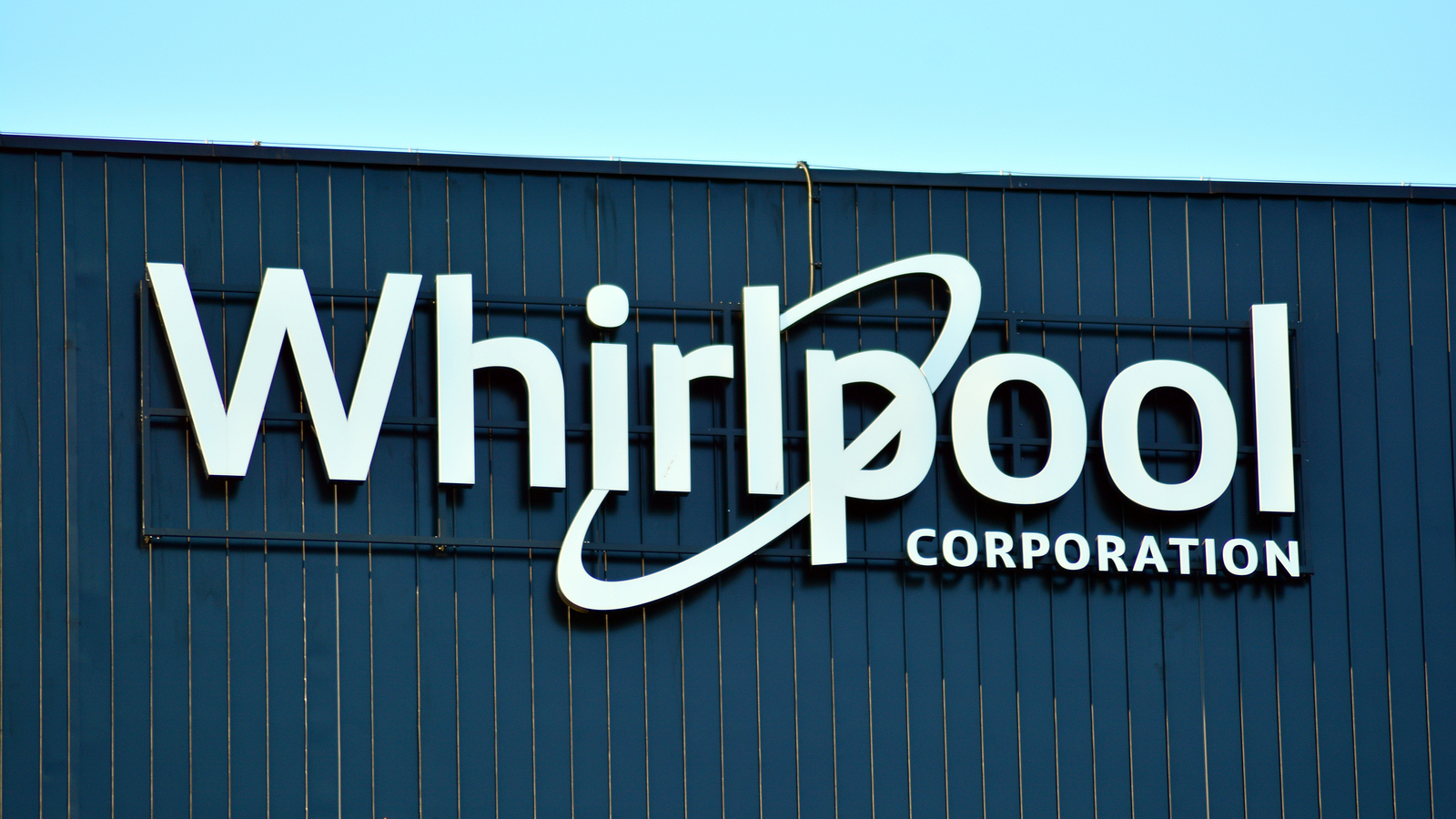
McKinsey recently announced the termination of approximately 360 positions globally due to a decrease in demand for its consulting services. The layoffs span across various departments including design, data engineering, cloud, and software. Alongside this, the firm introduced an alternative offer to certain UK staff, proposing a nine-month salary payout in exchange for a sabbatical, supplemented with career coaching and additional resources.
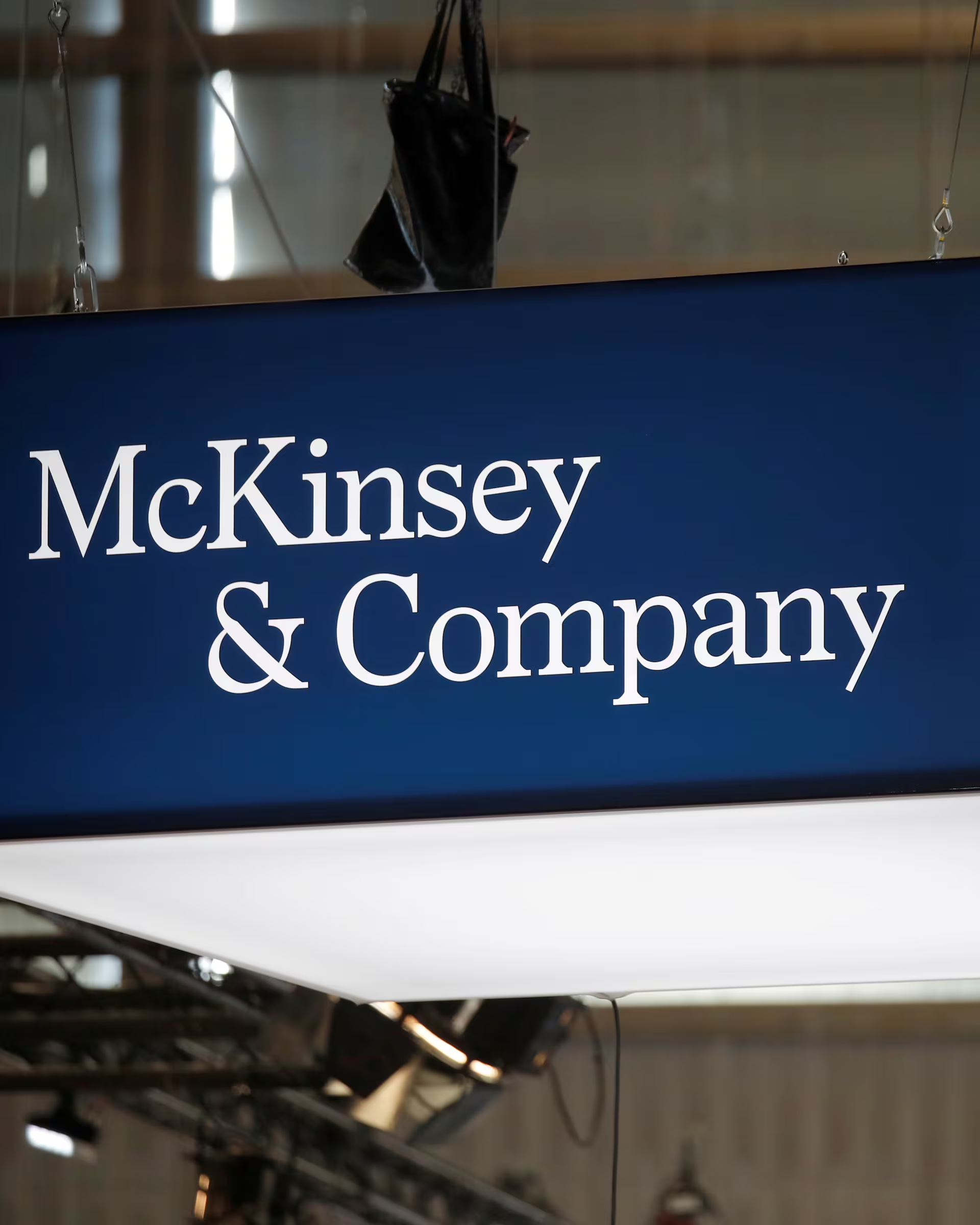
Barclays made the decision to downsize its investment banking division by several hundred employees in March, aiming to enhance operational efficiency and bolster profitability in the unit. The layoffs are set to occur gradually over the coming months as part of the bank's long-term expense optimization strategy.

Unilever, the parent company of well-known ice cream brands like Magnum and Ben & Jerry's, announced plans to separate its ice cream division into an independent entity. This strategic move accompanies a new cost-saving initiative impacting approximately 7,500 positions worldwide across the company.
Dell Technologies disclosed in a regulatory filing its decision to reduce its employee count as part of an expense management strategy. With the company reporting a decrease from nearly 126,000 to around 120,000 employees as of February 2, 2024, approximately 6,000 jobs have been eliminated in this strategic shift.
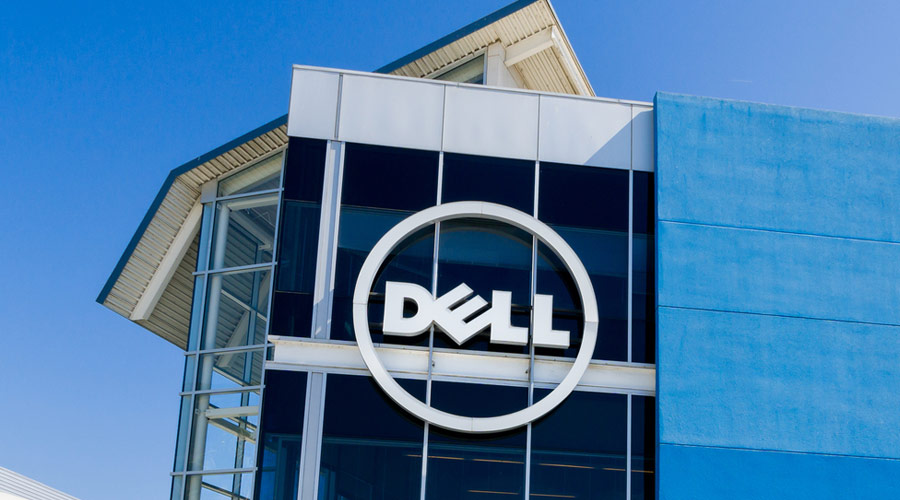
IBM recently dismissed multiple employees from its marketing and communications teams as part of a larger strategy to incorporate Artificial Intelligence (AI) into its workforce, aiming to replace over 8,000 positions.
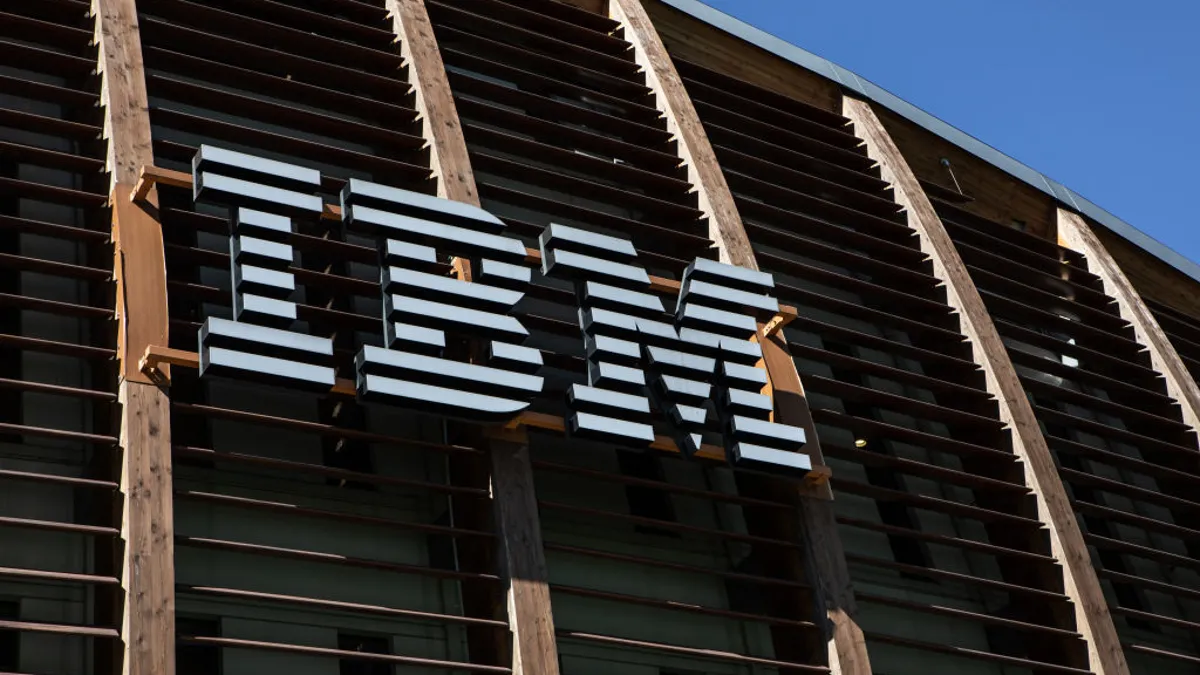
In a recent development, Intel has confirmed the termination of approximately 62 employees at its Santa Clara headquarters in California. These layoffs are part of a restructuring within the Sales and Marketing Group, spearheaded by Christoph Schell.
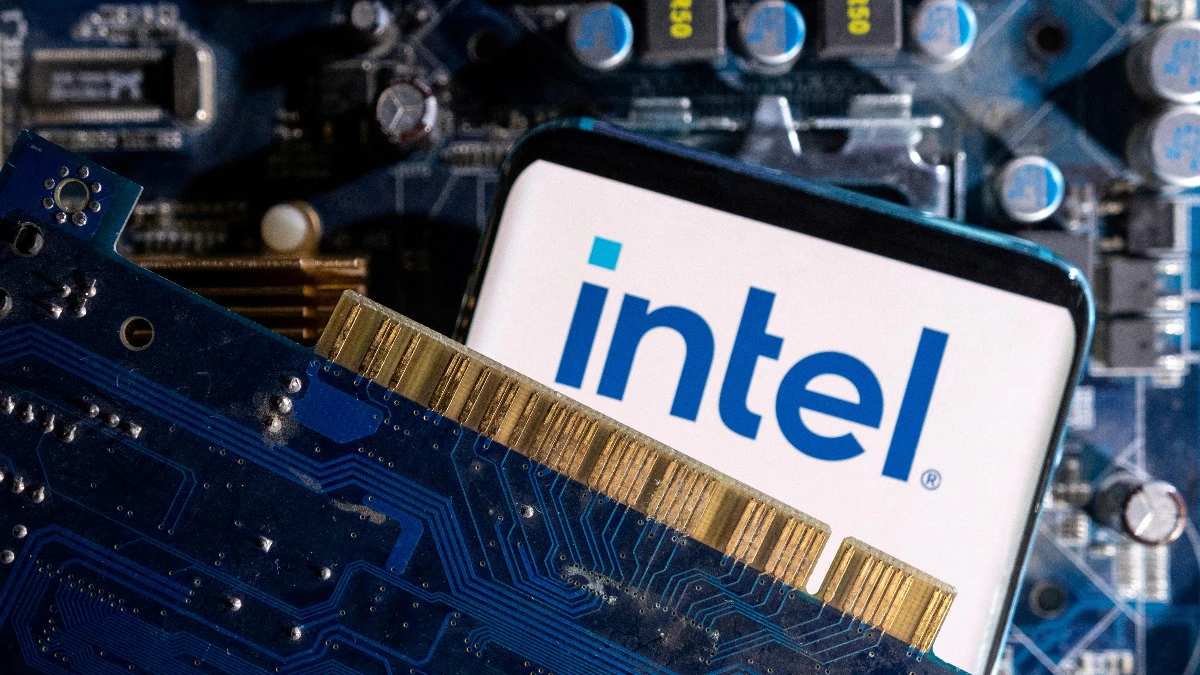
Healthifyme, a health tech startup based in Bengaluru, underwent a restructuring process resulting in the dismissal of 150 employees, constituting about 27% of its workforce. The layoffs predominantly affected the sales and product teams. CEO Tushar Vashist explained that the restructuring is geared towards achieving profitability in the Indian market while expanding operations in the US.

Take-Two Interactive, the publisher of GTA 6, is downsizing its workforce by approximately 5% and discontinuing several ongoing projects. This decision follows the completion of a prior restructuring effort aimed at optimizing the company's operations. Additionally, Take-Two had recently acquired Gearbox from the Embracer Group, confirming the development of a new Borderlands game.

Norwegian telecom company Telenor has announced the termination of 100 employees and a significant reduction in temporary staff and consultants within its Norwegian unit. This move is part of a larger reorganization plan, which also involves the closure of a call center in Rorvik.

Few other companies' layoffs to look at:
- Fisker Layoffs: Fisker, an automotive company, is implementing layoffs to conserve cash, as revealed in an internal email obtained by TechCrunch. The exact number of employees affected has not been disclosed.
- Getir Layoffs: Getir has announced the cessation of its operations in the U.S., the U.K., and Europe, resulting in the displacement of over 6,000 workers across these markets.
- True Anomaly Layoffs: True Anomaly, a space and defense startup, has made redundant nearly 30 employees, constituting approximately 25% of its workforce. This decision was attributed to the company's assessment of duplicated roles and functions.
- Expedia Layoffs: Expedia is set to downsize its workforce in its Austin office, marking its second round of layoffs within the year.
- Stability AI Layoffs: Stability AI is reducing its workforce by 10% following the departure of its former CEO, Emad Mostaque.
- Rivian Layoffs: Rivian, an electric vehicle manufacturer, is reducing its overall workforce by 1% in its second round of layoffs this year.
- Take-Two Layoffs: Take-Two is implementing a 5% reduction in its workforce, affecting approximately 579 employees. Additionally, the publisher of GTA 6 has announced the termination of several ongoing projects.
- Tome Layoffs: Tome is undergoing a restructuring effort that involves cutting approximately 20% of its 59 employees.
- Criteo Layoffs: Criteo is trimming its global workforce by nearly 4%, impacting up to 140 employees.
- TikTok Layoffs: TikTok is laying off 250 employees from its Ireland-based Training and Quality team as part of a restructuring initiative.
- Hinge Health Layoffs: Hinge Health has reduced its workforce by around 10% in preparation for an IPO and a strategic aim towards profitability.
- Checkr Layoffs: Checkr, a background screening platform, has laid off 382 employees, representing 32% of its total workforce.
- Bolt.Earth Layoffs: Bolt.Earth reportedly carried out significant layoffs as part of a restructuring maneuver. While the exact number of affected employees remains undisclosed, estimates suggest it could range between 70 to 100 workers.
- Agility Robotics Layoffs: Agility Robotics has initiated layoffs affecting a small portion of its workforce, aligning with the company's focus on commercialization efforts.
- Ghost Autonomy Layoffs: Ghost Autonomy has ceased its operations, resulting in the displacement of its approximately 100 employees.

In 2023, total tech layoffs reached 262,735, a staggering 59% increase from the previous year according to layoffs.fyi. While 2024 hasn't hit the peak of last year's first-quarter layoffs, it's already facing significant challenges.
As we move forward, the industry's focus on efficiency over growth persists, with hopes pinned on emerging technologies like artificial intelligence to spark a much-needed recovery. Yet, amidst the uncertainties, one thing is clear: the road to stability is paved with ongoing adjustments and strategic maneuvers.
Inputs from agencies
Image Source: Multiple agencies
© Copyright 2024. All Rights Reserved Powered by Vygr Media.























